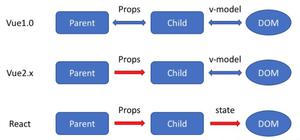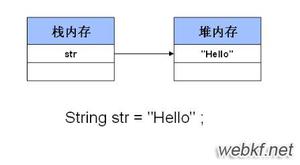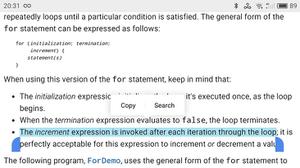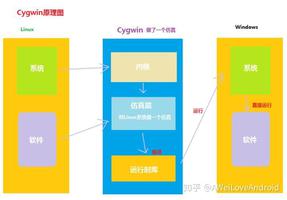JAVA中isEmpty、null、""的区别

isEmpty()
分配了内存空间,值为空,是绝对的空,是一种有值(值 = 空)
""
分配了内存空间,值为空字符串,是相对的空,是一种有值(值 = 空字串)
null
是未分配内存空间,无值,是一种无值(值不存在)
得出的结论:
isEmpty()
1.如果不分配内存空间,不能用isEmpty(),否则报空指针异常
2.isEmpty()不能分辨出值是空还是空字符串
null
1.null只能分辨出值是否不分配内存空间
“”
1.不管值是否分配内存空间都不会报错
例:
public class Test { public static void main(String[] args) {
//分配内存空间,值为空
String a = new String();
//分配内存空间,值为空字符串
String b = "";
//未分配内存空间
String c = null;
if (a != null) {
System.out.println("a值存在");
}
if (b != null) {
System.out.println("b值存在");
}
if (c == null) {
System.out.println("c值不存在");
}
if (a == "") {
System.out.println("a值存在,为空字符串");
}
if (b == "") {
System.out.println("b值存在,为空字符串");
}
//dead code
if (c == "") {
System.out.println("c值存在,为空字符串");
}
if (a.isEmpty()) {
System.out.println("a值存在,为空字符串或者为空");
}
if (b.isEmpty()) {
System.out.println("b值存在,为空字符串或者为空");
}
// Null pointer access: The variable c can only be null at this location
// if (c.isEmpty()) {
// System.out.println("String c=null");
// }
}
}
结果:
1 a值存在2 b值存在
3 c值不存在
4 b值存在,为空字符串
5 a值存在,为空字符串或者为空
6 b值存在,为空字符串或者为空
以上是 JAVA中isEmpty、null、""的区别 的全部内容, 来源链接: utcz.com/z/394875.html









